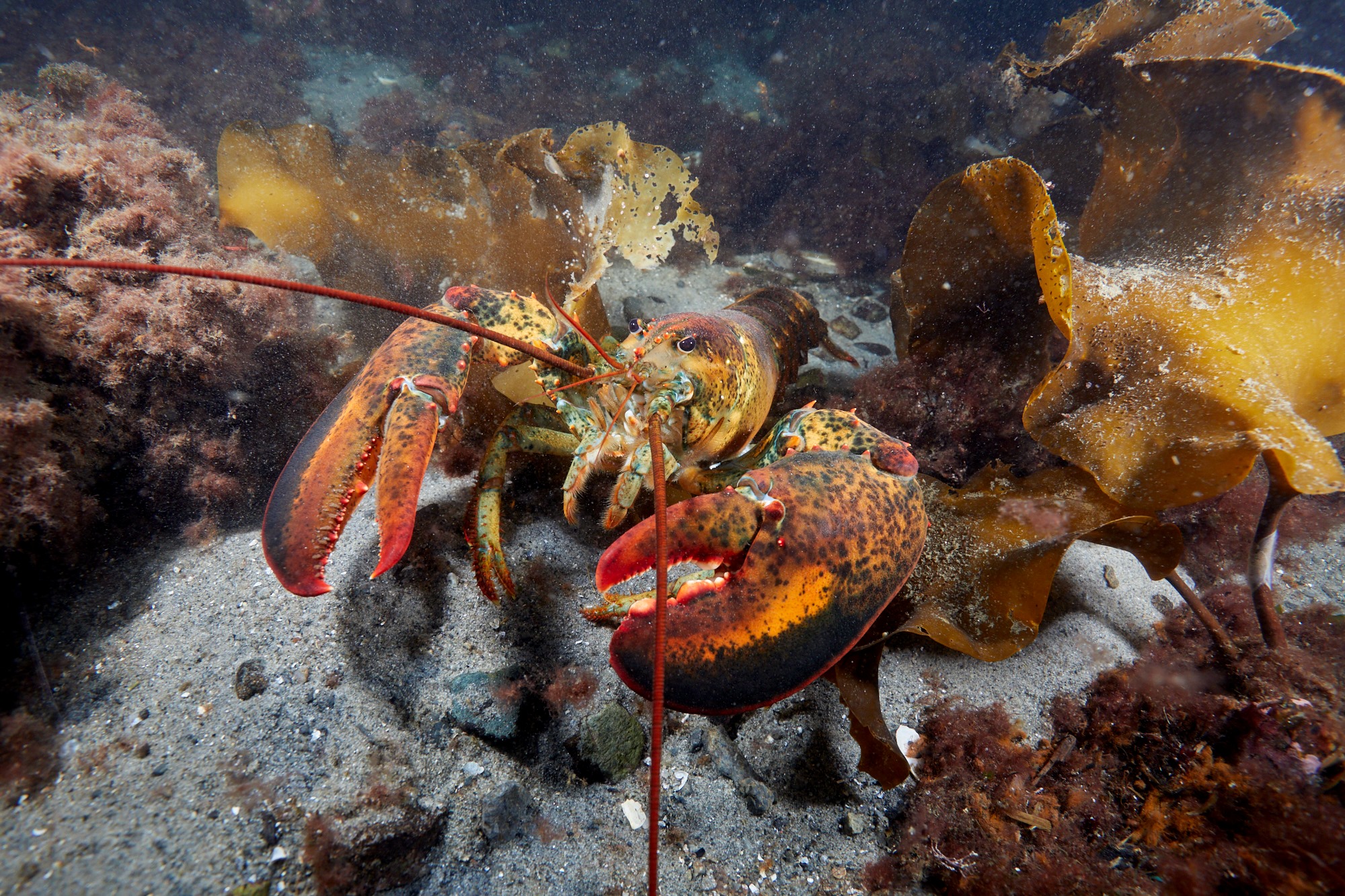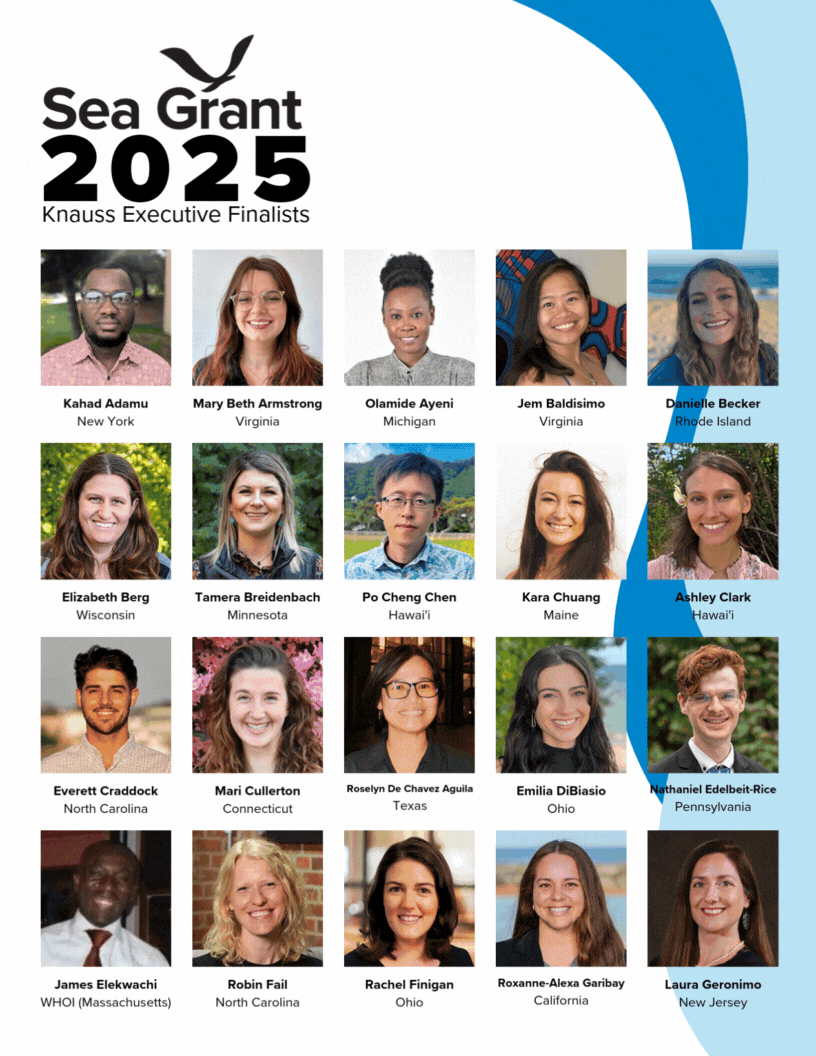Sea Grant is pleased to announce recent investments through two complementary initiatives aimed at improving resilience with coastal communities. Through a joint competition with the U.S. Coastal Research Program (USCRP), ten new projects were selected for a total of $3.9 million in funding to translate research into application for communities. Additionally, Sea Grant programs across the nation received an additional total of $4.2 million in NOAA Sea Grant funds to increase local capacity, engagement, research, and implementation for addressing resilience challenges.
“Through this partnership with the U.S. Coastal Research Program, Sea Grant is able to effectively leverage its nationwide network to help coastal and Great Lakes communities tackle some of the most pressing issues that they face now and in the future,” said Jonathan Pennock, director of NOAA’s National Sea Grant College Program. “The congressional appropriations dedicated to addressing resilience challenges through both of these complementary efforts will enhance engagement and adaptation planning and implementation for infrastructure, society, and human and ecosystem health.”
The projects selected through the USCRP-Sea Grant competition will increase the capacity of coastal communities across the U.S. to withstand and quickly recover from a diverse range of local challenges. This includes current and future flood risks posed by sea level rise and extreme storms. Projects will explore flooding impacts through the lenses of community socioeconomic factors, natural resource and infrastructure management, and shoreline adaptations. Additionally, projects will address coastal safety related to rip currents and drowning, and access to clean water.
A unique aspect woven through each of the projects is the co-production of knowledge and tools alongside community members, local organizations and students to ensure that the research and outreach conducted directly correlates with local needs. The projects build on past USCRP-funded research to aid service delivery and decision support for coastal community decision-makers, planners and other interested parties.
“Past USCRP opportunities have funded university researchers throughout the U.S. to address coastal science and engineering questions in a variety of environments along all of the nation’s coastlines,” stated Nicole Elko, an Executive Director of the U.S. Coastal Research Program. “Now, with the assistance of Sea Grant, this important work can be translated to benefit coastal communities and improve resilience.”
Project activities span California, Georgia, Hawai’i, Michigan, New Jersey, New York, North Carolina, Oregon, Wisconsin, South Carolina and Texas, and activities will take place either over two years (Tier 1) or over four years (Tier 2). All projects have been recommended for funding and await final approval before award disbursement. These collaborative projects will build on Sea Grant’s continuing research and extension work in communities. The full list of USCRP-Sea Grant projects and descriptions is available here.
In response to local community needs and congressional direction and additional funding, Sea Grant recently funded $4.2 million in resilience initiatives across the 34 university-based programs (link to map). The varied work includes support of resilience-focused staff and enhancing research, engagement, decision support and project implementation. These efforts are supported by specific language in federal appropriations. The full list of resilience awards and descriptions is available here.
For more information on Sea Grant’s work in resilience, see the Community Resilience from Start to Finish StoryMap and the Resilient Communities and Economies page.


